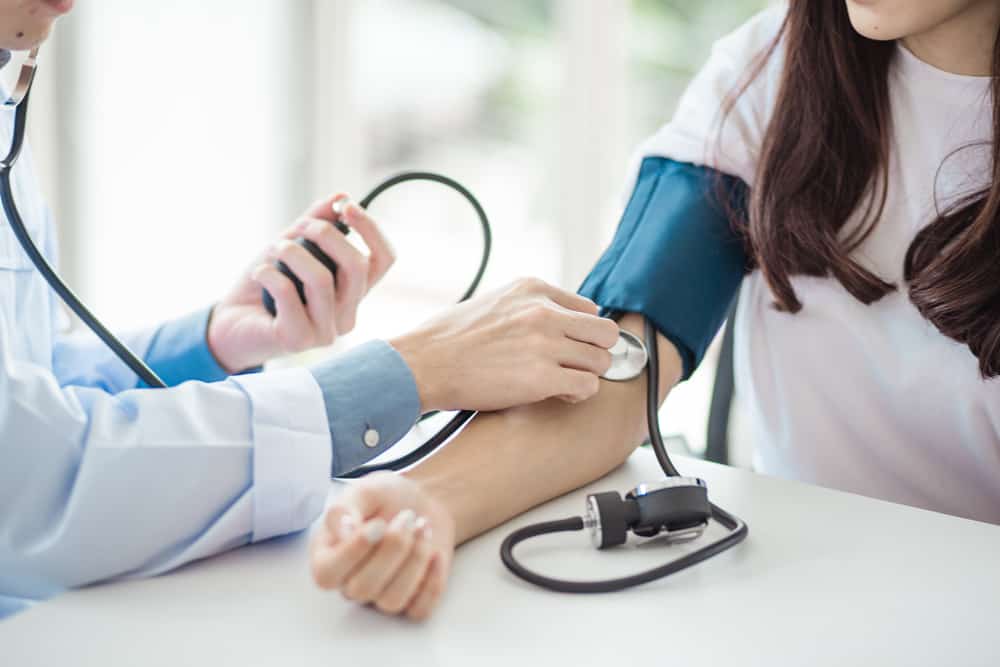Nobody likes getting their arm put into a cuff that squeezes them so tightly that it cuts off the circulation. However, keeping your blood pressure at a healthy level is as essential as making sure that your heart rate is steady and that your cells are getting enough oxygen.
Some people have low blood pressure, but far too many have high blood pressure. Doctors frequently prescribe medication to help lower it, but there are alternatives. If you have high blood pressure and don’t want to have to take medication every day for the rest of your life, there are things that you can do to lower it naturally. Here are some tips on what blood pressure is, why it is such an important measure, and what you can do to bring yours down.

25. Blood pressure is an important indicator of overall health.
You hear a lot about blood pressure – you can hardly go into a doctor’s office without seeing numerous advertisements for medication to help lower it – and you probably get yours taken somewhat regularly. Many pharmacies have a station where people can get their blood pressure checked for free, and a blood pressure check is part of any doctor’s visit.
Measuring blood pressure is so important that it is a vital sign of life, measuring someone’s general health. Blood pressure that is too high is an immediate indicator that something is wrong and that the person may be experiencing adverse health outcomes. High blood pressure can be caused by many things such as an underlying condition, poor diet or exercise, and many more issues.
